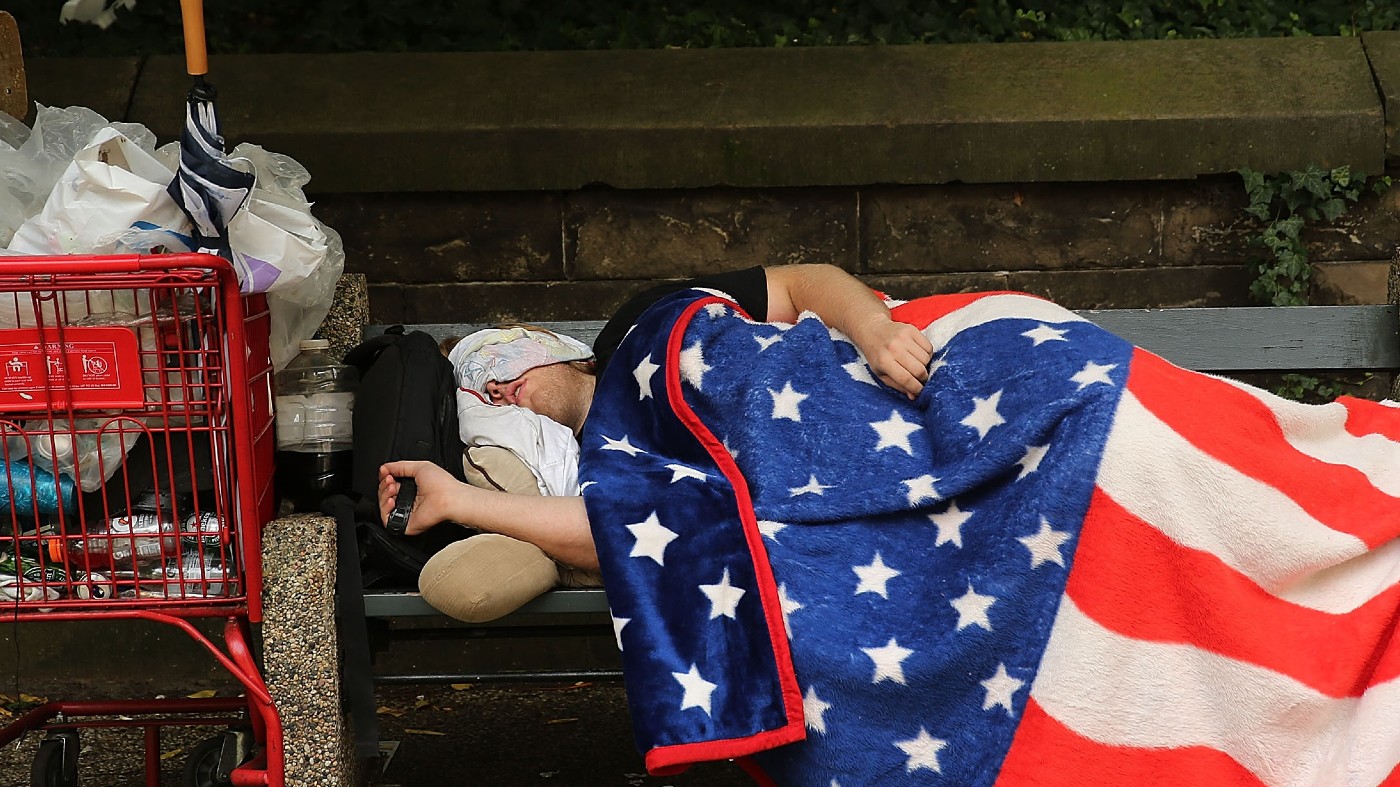The views expressed by contributors are their own and not the view of The Hill
The increasingly worrisome crisis of homelessness in our nation has focused media and policy attention on homelessness policy. Unfortunately, notably absent from these debates is evidence. For instance, some policymakers have been claiming that the dominant “housing first” approach is failing. This claim might be politically appealing for some, but it’s fundamentally incorrect.
In fact, permanent supportive housing — the primary housing first approach — is very effective at improving outcomes for chronically homeless people. Several randomized controlled trials — the highest standard of evidence in measuring program impact — show that the impact of the program can only be linked to the program itself, not to particular characteristics of the individuals and families served.
A study conducted by the Wilson Sheehan Lab for Economic Opportunities (LEO) at the University of Notre Dame showed that the largest expansion of permanent supportive housing (the HUD-VASH program) works at scale for chronically homeless veterans. The expansion of the HUD-VASH program between 2008 and 2017 cut veteran homelessness in half.
At the same time, permanent supportive housing isn’t the right solution for all homeless situations. This level of support is very expensive and not always the right fit for everyone, such as in the case of a family facing eviction.
Preventing homelessness before it even starts can be less intensive, less expensive and is also backed by evidence. These prevention programs, or emergency financial assistance programs, work well when targeted well. LEO research conducted in Chicago and Santa Clara County, Calif., demonstrates that “an ounce of prevention is worth a pound of cure.”
In both studies, individuals and families on the brink of homelessness who had access to funding were more than 70 percent less likely to end up homeless over the next year than those who did not receive financial assistance. These studies show that targeted prevention helps stop homelessness before it begins.
One might think of permanent supportive housing and emergency financial assistance as two ends of the homelessness response spectrum: Financial assistance prevents it from happening and permanent supportive housing supports the most vulnerable individuals and families after they become homeless. The “in-between” solutions are where we most need evidence — how to best support people who fall into homelessness, but who are not chronically homeless.
Many solutions — from temporary rapid rehousing subsidies to diversion from shelters — have been proffered, but there is much less evidence backing them up, and generating that evidence should be the goal of any policymaker interested in attacking this problem.
Too much of the debate on how to solve the problem of homelessness is driven by anecdotes rather than evidence. We know that permanent supportive housing works for chronic homelessness and emergency financial assistance works for targeted at-risk individuals.
As in all policy discussions, there are two important questions: “What does the evidence say?” and “What further evidence do we need?” Both are missing in recent debates.
Bill Evans is the University of Notre Dame Keough-Hesburgh Professor of Economics and co-founder of the Wilson Sheehan Lab for Economic Opportunities (LEO). David Phillips is a research professor of economics at LEO. Jim Sullivan is a professor of economics and LEO co-founder.
